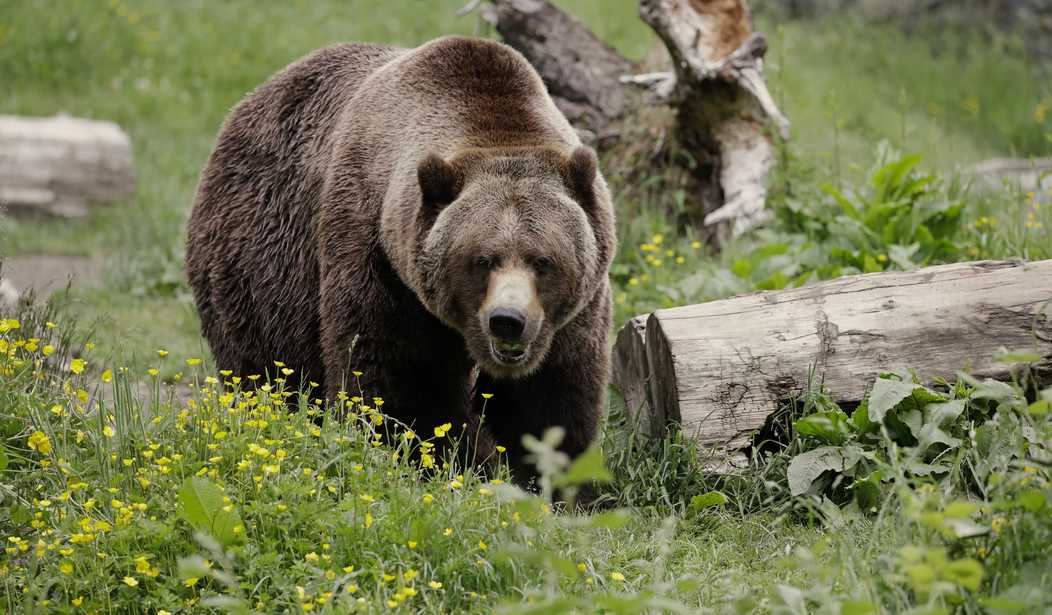The Wild at the Doorstep
Japan’s harmony with nature was more than poetry; for centuries, it was policy, culture, and faith rolled into one.
A pact existed between human and nature, with shrines tucked into cedar groves and fox statues guarding rice paddies. The quiet understanding of respecting the wild and it respecting you seems to have been broken.
This autumn is different. Brown bears are postponing winter’s sleep and walking into towns, padding through rice fields, raiding orchards, and killing at least a dozen people. That’s not all. More than a 100 people have been mauled or injured. In a war nobody expected, northern prefectures, such as Akita and Iwate, have become the frontlines in a war between man and hunger, tradition and change.
When the Forest Comes Calling
When you live with large predators nearby, you learn how to keep your distance from them. Despite the noise and vigilance, along with a few hunters stationed along the ridgelines, bears are coming closer, canceling school recess and postponing festival parades. In some villages, a new step has been added to the morning ritual: checking bear-alert apps before going outside.
The nearly 8,000 bear sightings confirmed by officials this year are six times the number from 2022. It would’ve been dismissed as a curiosity a few years ago, but today there’s a tremor of fear accompanying each report. Farmers in Kazuno and Odate discovered claw marks on fruit trees and garage doors. One black-furred male sauntered into a carport before being shot by a hunter. Officials determined that hunger was the cause of the bear entering human space because it was starving: its stomach was empty.
Why the Bears Are Coming
In northern Japan, nature’s rhythm depends on acorns and beech nuts. The small, unglamorous seeds dictate life and death for bears. The trees failed this year. A warm spring, an unusually long summer, and shifting rain cycles left the forests barren. Without nuts to fatten them before their winter’s nap, bears are turning desperate.
There are more factors involved than just the climate. The rural population of Japan is collapsing, as farmers die or move to cities; abandoned orchards stand overgrown, full of apples and persimmons that lure bears.
What was once a robust fraternity of middle-aged men with hunting rifles and discipline has thinned to a fraction of its former size. The average age of a hunter in Akita is nearly 70, and there are few replacements on the way.
The wild hasn’t grown stronger; it’s simply found fewer humans willing to continue guarding the line.
The Government’s Unusual Response
Japan’s Defense Ministry made a move unseen since postwar reconstruction: it dispatched the Self-Defense Forces to trap bears, not fight a foreign enemy or Godzilla. Camouflaged soldiers wearing body armor are working alongside local hunters, setting box traps, carrying nets, and helping retrieve carcasses from remote valleys. It’s supposed to be a temporary mission, but it underscores how thin civilian capacity has become.
Defense Minister Shinjiro Koizumi insisted the mission is humanitarian, not military. Soldiers will not shoot; they will only support. Hunting remains the work of licensed locals.
Even as restrictions on firearms have been eased and new government hunter training has been approved, the line between civilian and soldier begins to blur. From 30,000 feet, Japan’s bear crisis seems like a soft mobilization, a symbol of how modern societies have been forced to defend themselves not only from each other but also from a neglected wild.
Echoes of a Larger Story
Scenes from Akita read like parables of modern life: a soldier armed with a tranquilizer rifle standing beside a priest performing autumn rites; elderly farmers bowing to thank the troops who arrived to catch a bear. This collision between old and new Japan plays out under gray skies.
As easy as it is to dismiss such stories as nothing more than regional oddities, they reveal what happens when industrial nations lose touch with the natural checks and balances that once kept them alert. Similar to America’s suburbs' struggle with coyotes and mountain lions, towns in northern Japan host a tragedy of proximity. It’s a universal lesson; when people retreat too far from the wild, the wild doesn’t simply go away.
It comes to dinner.
Final Thoughts
A country long celebrated for its balance with nature, Japan’s struggle isn’t simply about wildlife control; it’s about identity and the requirement to militarize against the wild. The bears aren’t evil, just hungry; people aren’t careless, just outnumbered. Lying between them is the broken boundary of stewardship, where no government can patrol indefinitely.
When witnessing an interrupted hibernation, something in our soul should stir, too. It’s surreal to see troops setting traps in Akita, and in a sense, prophetic. Civilization depends on the memory of the line where the forest ends and the village begins.
One single pawprint at a time, Japan is learning that lesson the hard way.










